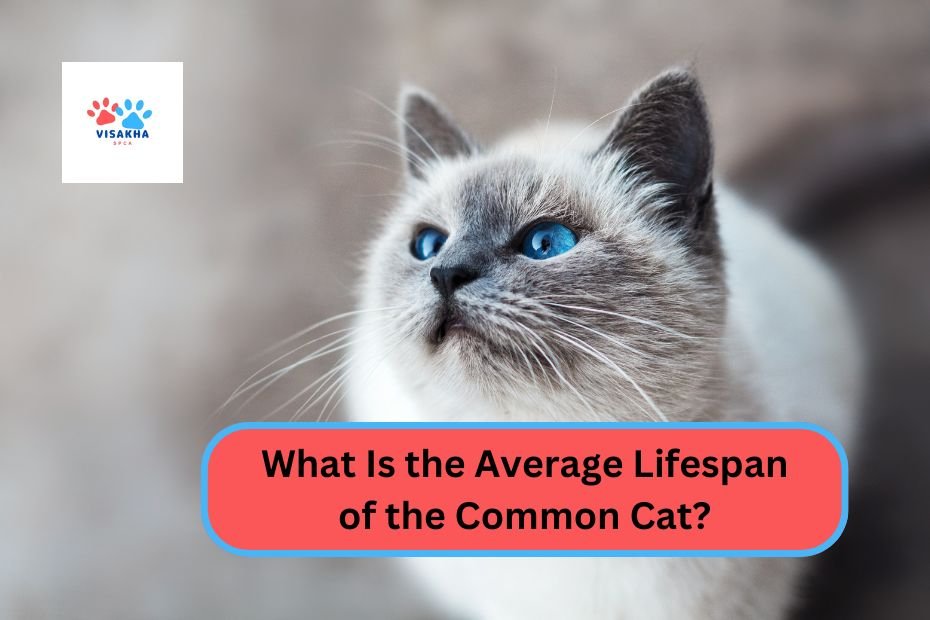The average lifespan of a domestic cat can vary depending on factors like breed, lifestyle, and overall health, but generally, cats live between 12 to 16 years. With proper care, many cats live even longer, reaching their late teens or early twenties. Here’s a breakdown of the key factors that influence a cat’s lifespan.
1. Indoor vs. Outdoor Cats
- Indoor Cats: Indoor cats tend to live longer than outdoor cats because they are protected from many of the dangers that outdoor cats face, such as traffic, predators, and exposure to diseases. The average lifespan of an indoor cat is 12 to 16 years, with some reaching up to 20 years or more with proper care.
- Outdoor Cats: Cats that spend most of their time outdoors typically have a shorter lifespan, usually 5 to 10 years. They are more vulnerable to accidents, diseases, and environmental hazards, which can reduce their life expectancy.
2. Breed and Genetics
- Purebred Cats: Some purebred cats, such as the Siamese or Burmese, are known for their longevity and can live into their late teens or early twenties. However, certain breeds are prone to genetic conditions that may shorten their lifespan.
- Mixed-Breed Cats: Mixed-breed cats, often referred to as domestic shorthair or longhair cats, generally have fewer genetic health problems and often live longer than some purebred cats. These cats typically enjoy a similar lifespan to indoor cats, around 12 to 16 years or more.
3. Health and Veterinary Care
- Regular veterinary checkups, vaccinations, and preventative care are essential for prolonging a cat’s life. Cats that receive regular health care are more likely to live longer, healthier lives, as many health issues can be detected and treated early.
- Spaying or neutering also contributes to longevity by reducing the risk of certain cancers and behavioral risks, such as roaming or fighting, which are common among unneutered cats.
4. Nutrition and Diet
- A balanced, nutrient-rich diet plays a critical role in a cat’s lifespan. Feeding your cat high-quality cat food that meets their nutritional needs can help prevent obesity, diabetes, and other health issues that could shorten their life.
- Cats that maintain a healthy weight are more likely to live longer. Obesity is a common issue in cats and can lead to diseases such as diabetes, arthritis, and heart problems, which can reduce their lifespan.
5. Exercise and Mental Stimulation
- Keeping your cat active and mentally stimulated can also contribute to a longer lifespan. Regular playtime helps maintain a healthy weight and prevents boredom, which can lead to stress and behavioral problems. Providing toys, cat trees, and interactive activities can keep your cat physically and mentally engaged.
Conclusion
While the average lifespan of a domestic cat ranges from 12 to 16 years, many cats live well into their late teens or early twenties with proper care. Factors such as whether the cat lives indoors or outdoors, their breed, health care, diet, and mental stimulation all play significant roles in determining their lifespan. By providing your cat with a healthy, loving environment, you can help ensure they live a long, happy life.

